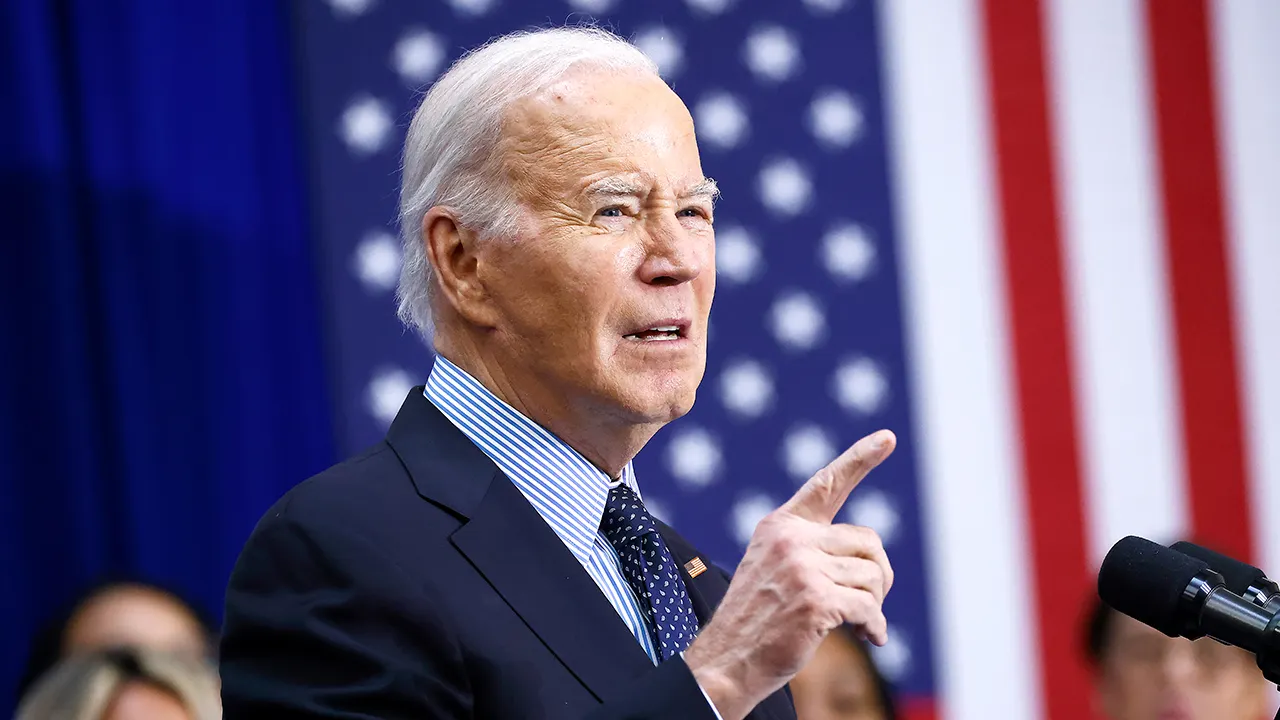NYC's Mental Health First Response Program Overwhelmed: Audit Reveals Critical Shortfalls

New York City's ambitious program to deploy mental health professionals instead of police officers to respond to mental health crises is facing significant challenges, according to a recently released audit. While the initiative, designed to provide compassionate and specialized care to individuals experiencing mental distress, has shown promise, it's struggling to meet the overwhelming demand and faces systemic hurdles hindering its effectiveness.
The program, intended to divert individuals in crisis away from the criminal justice system and towards appropriate mental health services, has been lauded as a progressive approach to addressing the city's growing mental health needs. However, the audit paints a picture of a system stretched thin, with limited resources and staffing issues preventing it from reaching those who need it most. Data shows a significant backlog of calls awaiting response, and lengthy wait times for individuals seeking assistance.
Key Findings of the Audit:
- Insufficient Staffing: The program is severely understaffed, with a shortage of qualified mental health professionals to respond to the high volume of calls. This leads to delays and limits the program's geographic reach.
- Limited Geographic Coverage: The service doesn't cover all five boroughs equally, leaving many communities without access to this crucial support.
- Communication Challenges: Coordination between the mental health response teams and other city agencies, including 911 dispatchers and police, needs improvement to ensure a seamless and effective response.
- Data Collection & Analysis: The audit highlighted weaknesses in data collection and analysis, making it difficult to accurately assess the program's impact and identify areas for improvement.
The Need for Reform & Increased Investment
Experts argue that the audit findings underscore the urgent need for increased investment in the mental health first response program. Simply deploying mental health professionals isn't enough; the program needs adequate funding to hire and retain qualified staff, expand its geographic coverage, and improve coordination with other city agencies. Furthermore, a robust data collection and analysis system is essential to track performance, identify trends, and make data-driven decisions.
“This audit is a wake-up call,” said Dr. Emily Carter, a leading mental health advocate. “While the intent behind this program is commendable, it's clear that it's currently operating well below its potential. We need to prioritize mental health services and ensure that individuals in crisis receive the timely and compassionate care they deserve.”
The city council is now considering proposals to address the audit’s recommendations, including allocating additional funding, streamlining the hiring process for mental health professionals, and developing a comprehensive communication plan for all involved agencies. The success of this program hinges on the city’s commitment to prioritizing mental health and providing the resources necessary to support those experiencing a crisis. Failure to do so will perpetuate a system that often relies on law enforcement to respond to situations best handled by trained mental health professionals, potentially leading to adverse outcomes for individuals in distress and further straining the city’s resources.
The future of NYC’s mental health crisis response program depends on a concerted effort to address these critical shortfalls and build a system that truly meets the needs of the community.






